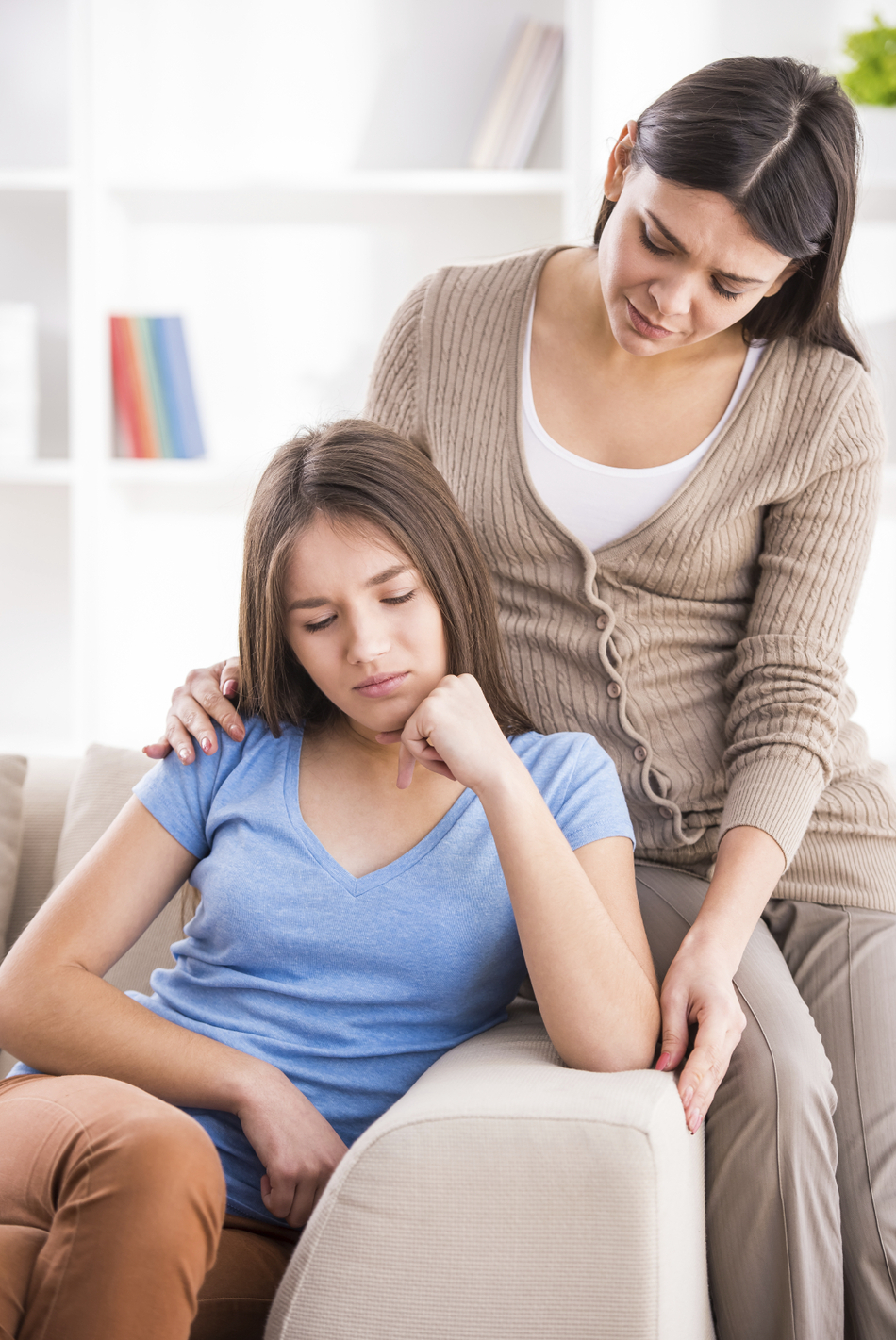
Episode Transcript
Dr. Gellner: Puberty is one of those awkward times for teens and parents. So how does one talk to their daughter about a certain monthly change that's going to start around now? I've got some advice for that. I'm Dr. Cindy Gellner on The Scope.
Announcer: Keep your kids healthy and happy. You are now entering "The Healthy Kid Zone" with Dr. Cindy Gellner on The Scope.
Dr. Gellner: Many parents of girls get very apprehensive around the time of puberty. They start pulling out books like "Are you there, God? It's me, Margaret" and secretly stashing feminine protection products for that big day when a girl has their first period.
It can be a challenge to talk to girls about the changes in their body. But if you are honest and open about what is going on, they will be more comfortable with this milestone. Let them know that puberty is the time when a girl's body grows into a woman's body. The physical changes are necessary for a girl to have babies. Puberty may begin as early eight years old or as late as 14 years old. For girls, the start of puberty is officially marked by the first period, which usually happens anywhere from two to two and half years after breast development occurs. The average for a girl's first period to start is 12 years old. Some girls start to get their periods as early as eight or as late as 16. If your child gets their period before age eight or after age 16, you need to talk to your child's pediatrician about that.
Once puberty has begun, the hormones from the brain signal the ovaries to start developing numerous eggs that have been present since birth. After puberty, an egg fully develops and is released from the ovary about once a month. After the period stops, the monthly cycle starts again. And the entire menstrual cycle takes 22 to 35 days. Periods come at the end of this monthly hormonal menstrual cycle and lasts about three to seven days.
There is a whole host of products out there specifically designed for teens to help with protection. A variety of pads and tampons to help absorb the blood that comes out. And though it seems like a lot of blood, it's usually only about two to five tablespoons over the entire period for most girls. Some girls can have heavy periods. Some can have lighter. For the first year or two, a girl's periods are usually irregular. That means they can happen anywhere from twice a month to three times a year. During this time, the body's hormones are not yet fine-tuned so the ovaries may not release an egg once every month.
Periods start coming on a regular schedule once the body starts releasing eggs. Ovulation usually begins one to two years after your daughter's periods start, but it can happen with the first period. Most girl's menstrual cycles become fairly regular as their hormone levels mature and synchronize. If your child has been having periods for less than two years and their physical exam is normal, irregular periods may be part of their normal development. Some women will continue to have irregular cycles as their normal pattern. It's always good for girls to carry an extra tampon or pad in case her period starts unexpectedly.
Some girls have lower abdominal pain and cramping during ovulation or during their period. The pain can be mild or severe. If this happens before a period starts, usually in the middle of the menstrual cycle, the pain is caused by ovulation and usually lasts a short time. It is called mittelschmerz and it feels like a stabbing pain on one side. It's nothing to worry about. Cramps most often happen during a period. They are caused by the hormones that cause the shedding of the lining of the uterus. Some girls have pain for only a day or others, it may last your entire period. Taking ibuprofen or naproxen usually helps.
Remember, your child needs you during this time of transition. Don't make her feel more awkward than she already does. Remind her of the beautiful woman she is becoming.
Announcer: TheScopeRadio.com is University of Utah Health Science's radio. If you like what you heard, be sure to get our latest content by following us on Facebook. Just click on the Facebook icon at TheScopeRadio.com.